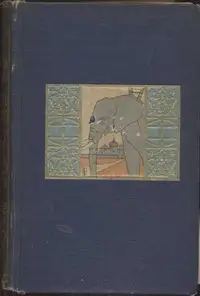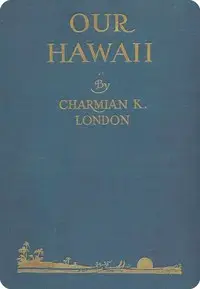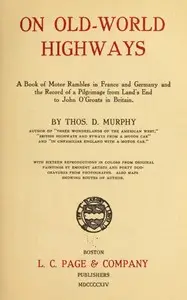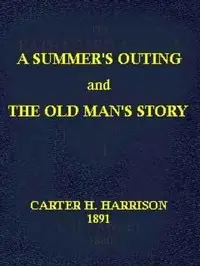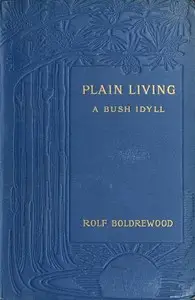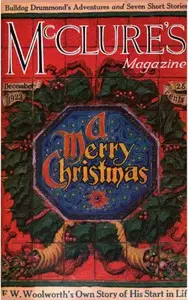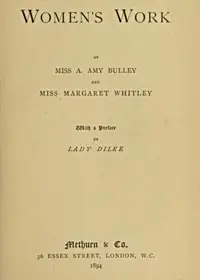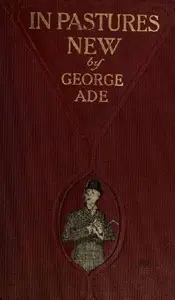"The Old World and Its Ways" by William Jennings Bryan is a captivating travel diary from the early 1900s, following the author and his family as they journey across the globe, through Europe and Asia, soaking in different ways of life, terrains, and famous landmarks. The book is all about sharing the author's personal views and what he learned as he, his wife, and their children traveled to different places. The story starts with their voyage across the Pacific Ocean on a ship called the Manchuria, showing both the challenges and feels of being on the sea. Landing in Hawaii, Bryan paints a picture of the islands' natural beauty, past events, and the special traditions of the Hawaiian people, highlighting their kindness and diverse culture. He talks about the beautiful scenery, the importance of sugar farms, and how different groups of people get along in Hawaii, showcasing their hospitality and cultural richness. This beginning part kicks off the exploration of Bryan's adventures and what he witnessed.
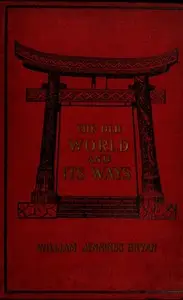
The old world and its ways : $b describing a tour around the world and journeys through Europe
By William Jennings Bryan
Embark on a grand tour with an American family as they traverse oceans and continents, discovering exotic cultures and time-honored traditions in the early 20th century.
Summary
About the AuthorWilliam Jennings Bryan was an American lawyer, orator, and politician. He was a dominant force in the Democratic Party, running three times as the party's nominee for President of the United States in the 1896, 1900, and 1908 elections. He served in the House of Representatives from 1891 to 1895 and as the Secretary of State under Woodrow Wilson from 1913 to 1915. Because of his faith in the wisdom of the common people, Bryan was often called "the Great Commoner", and because of his rhetorical power and early fame as the youngest presidential candidate, "the Boy Orator".
William Jennings Bryan was an American lawyer, orator, and politician. He was a dominant force in the Democratic Party, running three times as the party's nominee for President of the United States in the 1896, 1900, and 1908 elections. He served in the House of Representatives from 1891 to 1895 and as the Secretary of State under Woodrow Wilson from 1913 to 1915. Because of his faith in the wisdom of the common people, Bryan was often called "the Great Commoner", and because of his rhetorical power and early fame as the youngest presidential candidate, "the Boy Orator".

